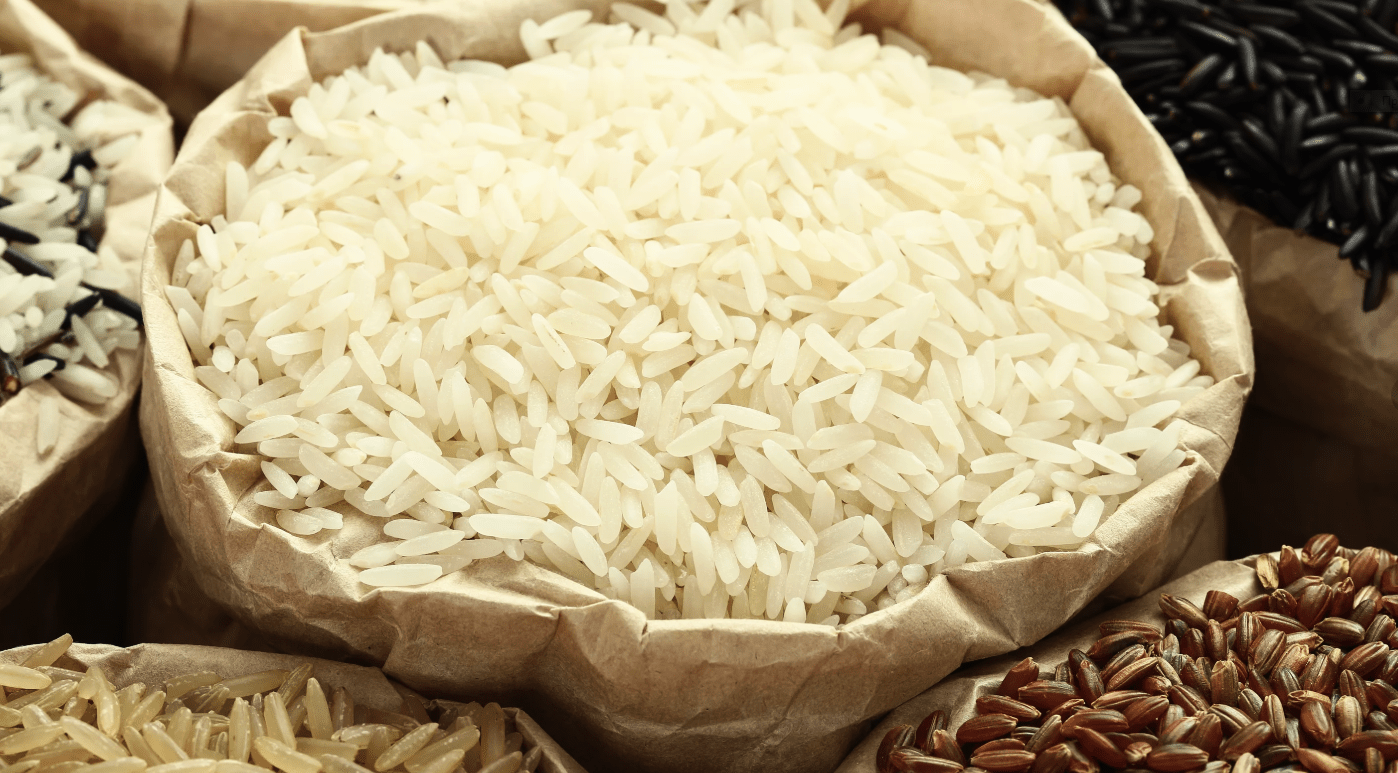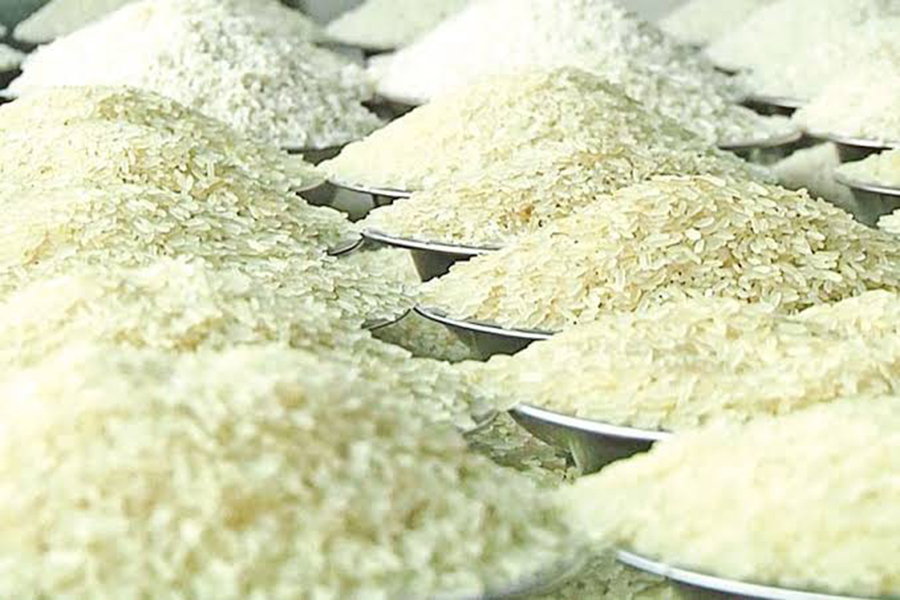Tags
Thailand strives to increase rice exports to Philippines

Thailand is stepping up efforts to increase its rice exports to the Philippines as the Southeast Asian nation emerges as a major importer of the staple grain.
The US Department of Agriculture (USDA) released a report projecting that the Philippines will become the largest rice importer in 2024. The country is expected to import 4.1 million tonnes of rice this year, up from 3.2 million tonnes the previous year.
This surge in demand has prompted a competitive race between Thailand and Vietnam, the world’s second- and third-largest rice exporters respectively.
“The Philippines is a crucial market for us,” said a senior official at the Thai Rice Exporters Association. “We see significant potential for growth in the coming years.”
Vietnam has traditionally been the Philippines’ main rice supplier, accounting for around 80% of annual imports. However, Thailand is looking to capitalise on the Philippines’ increased demand and has secured a deal to supply at least 130,000 tonnes of rice for the remainder of 2024.
“We are committed to strengthening our partnership with the Philippines and meeting their growing rice needs,” said a Vietnamese Agriculture Ministry official. “We believe we can offer a competitive product that meets the demands of the Philippine market.”
Price competitiveness and rice yields are key factors in the competition. While Thailand has made significant strides in boosting exports, Vietnam’s higher yields and ability to offer lower prices pose a challenge.
Thailand has made significant strides, shipping 300,000 tonnes of rice to the Philippines in the first six months of 2024, a 388% increase from the same period last year. This surge is attributed to supply shortages in the Philippines and the weaker Thai baht, allowing Thai exporters to offer competitive prices.

Thailand expects to export 8.2 million tonnes of rice overall this year, a 6.5% decrease from 2023, according to the Commerce Ministry.
“Price is a crucial factor in the Philippines market,” said Charoen Laothamatas, president of the Thai Rice Exporters Association. “We need to remain competitive to maintain our market share.”
He also urged the country to increase more tools as the competition is expected to intensify in the second half of the year. He noted that increased supply from Pakistan and Vietnam’s higher rice yields could pose challenges for Thai exporters.
The global rice industry is also monitoring Indian production, which is expected to be abundant this year. This could potentially end India’s white-rice export ban, leading to more grain entering the global market and possibly triggering a price war.
The Philippines’ decision to reduce import tariffs on rice to 15% in June has also contributed to the increased demand for imported grain. The country has been grappling with food inflation and has sought to boost domestic production while relying on imports to meet demand.
https://www.nationthailand.com/business/economy/40040264Published Date: August 3, 2024






